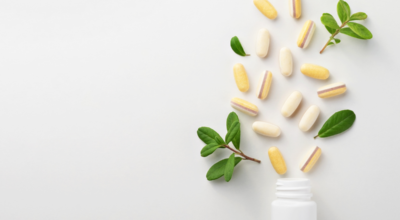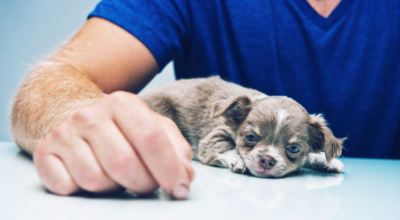Imagine watching your favorite TV with your adorable chihuahua on the couch. You immediately notice your pet acting abnormally. They seem bored and uninterested in traditional play. After worrying, you take them to the vet and discover they have parvo virus in chihuahua.
Parvo virus in chihuahua is deadly, so pet owners avoid it. Chihuahua puppies and young dogs are especially prone to this highly contagious illness. Its gastrointestinal assault causes vomiting, diarrhea, and severe dehydration. Paravo can kill if left untreated.
Fear not, chihuahua fan! Parvo virus is miserable, but dogs can be protected. This comprehensive guide covers chihuahua parvovirus causes, symptoms, prevention, and treatment. For every chihuahua to live long and happy, we want to teach you how to keep him safe and healthy.
What is Parvo Virus?
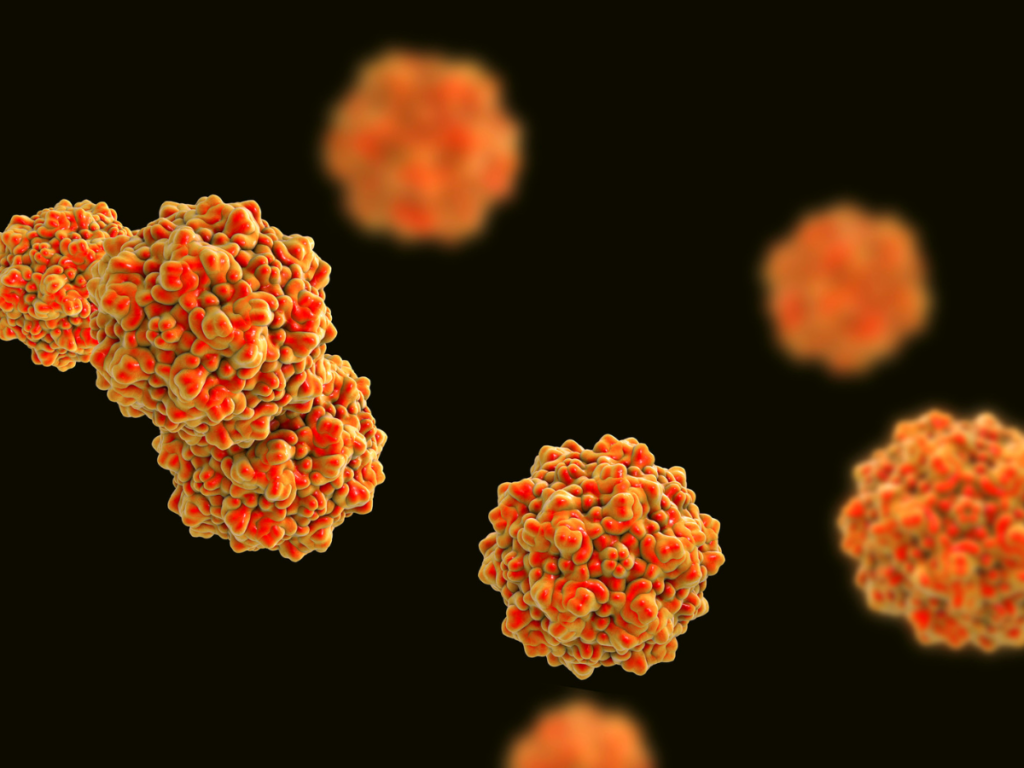
Dogs are most susceptible to parvovirus, a highly contagious viral infection. It targets fast-dividing cells in the intestines, bone marrow, and lymphoid organs. It might damage the immune system and cause severe gastrointestinal symptoms.
Dogs contract CPV-2a and CPV-2b. Highly resistant varieties can live in the environment for lengthy periods, making them simple to propagate. These variations cannot infect humans.
Parvovirus is transferred by dog or object contact. Contagion is high because the virus can survive on clothing, shoes, and the ground. Dogs can catch the virus by sniffing, licking, or touching contaminated objects or feces.
A dog interacting with an infected dog can transfer the virus to other dogs. Wildlife that may contact your dog outside can also carry the infection on their fur.
Chihuahuas and Parvo: Vulnerability Factors
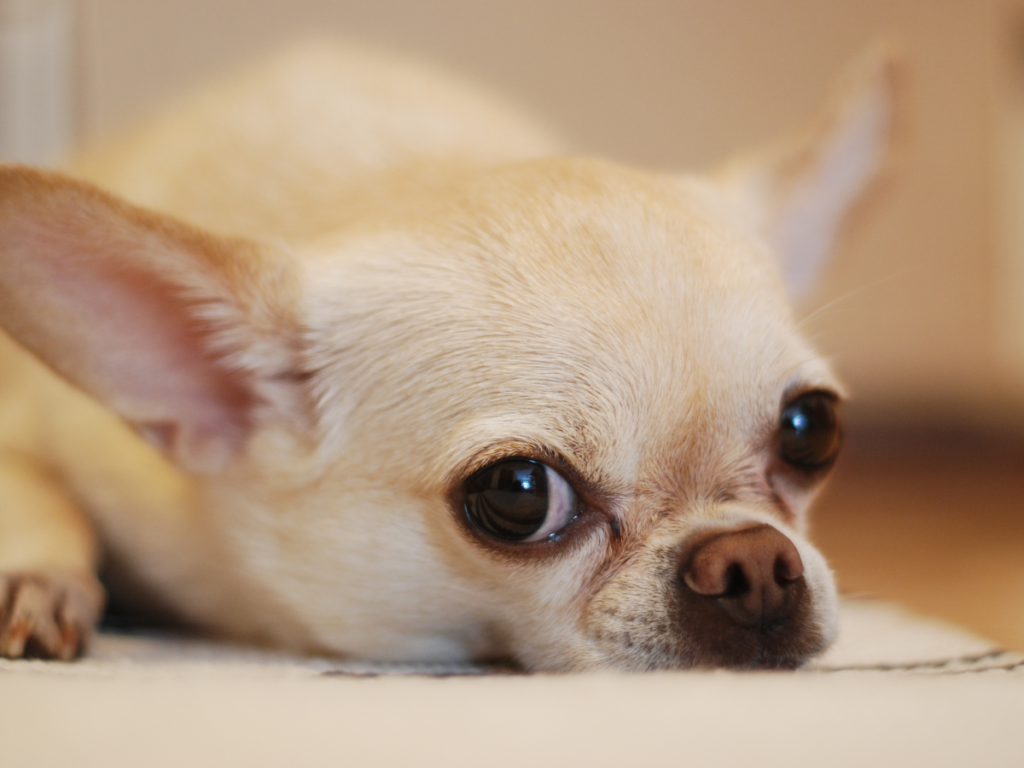
While all dogs are susceptible to parvovirus, certain breeds may be more vulnerable. Small breed dogs, including chihuahuas, can be at a higher risk due to their weak immune systems and smaller body size. Let’s find out why:
1: Size and Immune System
Chihuahuas are small in size, typically weighing between 2 to 6 pounds. Due to their petite stature, their immune systems may be comparatively weaker than larger dog breeds. This vulnerability increases their susceptibility to various infections, including parvo.
2: Age and Vaccination Status
Puppies, especially those between the ages of six weeks and six months, are at a higher risk of contracting parvo. Chihuahua puppies have immature immune systems, making them even more vulnerable. It is crucial to ensure that your chihuahua receives the necessary vaccinations, as your veterinarian recommends, to protect them against this dangerous virus.
3: Socialization and Exposure
Chihuahuas are known to be highly social animals. However, their sociable nature can also put them at greater risk of contracting parvo. If your chihuahua frequently interacts with other dogs or visits places where infected dogs may have been present, the chances of exposure to the virus increase significantly.
4: Environmental Factors
Parvovirus can survive for long periods in the environment, making it a constant threat to chihuahuas. Areas where infected dogs have been, such as parks, sidewalks, or even your own backyard, can harbor the virus. Chihuahuas, being curious explorers, may come into contact with contaminated surfaces and unknowingly expose themselves to the virus.
It is crucial for chihuahua owners to be aware of the vulnerability factors that make their beloved pets more susceptible to parvo.
Symptoms of Parvo in Chihuahuas
So, what are the signs that your chihuahua may have contracted parvo? Here are some common symptoms to look out for:
☑Gastrointestinal Distress
One of the most common symptoms of parvo in chihuahuas is gastrointestinal distress. It can manifest as severe vomiting, often characterized by the presence of yellow or bloody vomit. Additionally, chihuahuas with parvo may experience diarrhea, which is also likely to contain blood. These symptoms can quickly lead to dehydration, so carefully monitoring your chihuahua’s fluid intake is crucial.
☑Loss of Appetite and Weight Loss
Parvo can cause chihuahuas to lose their appetite, leading to a significant decrease in food consumption. You may notice that your chihuahua dislikes their favorite treats or meals. As a result, weight loss can occur rapidly. If your chihuahua is not eating or experiencing unexplained weight loss, it could be a sign of parvo infection.
☑Lethargy and Weakness
Chihuahuas with parvo often appear lethargic and weak. They may lack energy, reluctance to engage in activities they usually enjoy, and a general feeling of malaise. If your typically active and playful chihuahua suddenly becomes unusually tired or weak, it’s essential to consider the possibility of parvo.
☑Fever and Elevated Body Temperature
Another symptom of parvo in chihuahuas is a fever. You may notice that your chihuahua’s body feels warmer than usual, and they may exhibit signs of discomfort. Monitoring your chihuahua’s temperature regularly is important, as a persistent fever can indicate an underlying infection, including parvo.
☑Dehydration and Sunken Eyes
Due to severe vomiting and diarrhea, chihuahuas with parvo are at high risk of dehydration. You may observe signs such as dry gums, excessive thirst, sunken eyes, and a lack of skin elasticity. Dehydration can exacerbate the symptoms of parvo and lead to further complications if left untreated.
Awareness of parvo’s symptoms in chihuahuas is crucial for every pet owner. If you notice gastrointestinal distress, loss of appetite, lethargy, fever, or signs of dehydration in your chihuahua, it’s essential to seek immediate veterinary attention.
Importance of Early Detection of Parvo Virus in Chihuahua
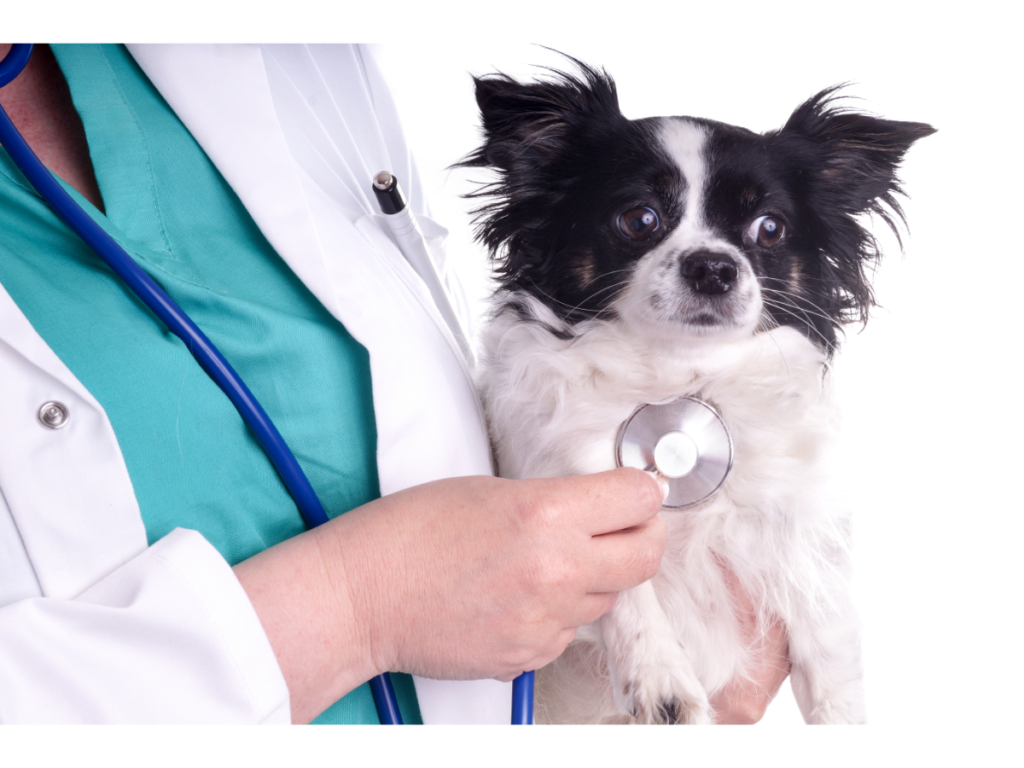
By understanding the significance of identifying this highly contagious disease at its earliest stages, you can take proactive measures to protect your furry friend and ensure their well-being. Let’s explore why early detection is crucial for the health of your Chihuahua.
✅Preventing the Spread of Infection
The parvovirus is incredibly contagious and can spread rapidly among dogs, particularly in environments where dogs gather, such as parks or kennels. By detecting the virus early, you can immediately isolate your Chihuahua and prevent it from transmitting the disease to other canines.
✅Increasing Treatment Success
Parvo can have devastating effects on a Chihuahua’s health, especially if left untreated or detected too late. However, when the virus is caught in its early stages, treatment options are more effective, and the chances of a successful recovery significantly increase. Identifying parvo early allows for swift intervention, minimizing the risk of severe complications and improving the overall prognosis for your Chihuahua.
✅Minimizing Symptom Severity
Parvo in Chihuahuas can cause severe gastrointestinal distress, leading to vomiting, diarrhea, dehydration, and weight loss. With early detection, you can promptly seek veterinary care to help manage and alleviate these symptoms. By addressing the disease early on, you can reduce the intensity and duration of your Chihuahua’s suffering.
✅Saving on Veterinary Costs
Detecting parvo in its initial stages can help avoid costly medical bills associated with advanced treatment and hospitalization. By catching the virus early, you can intervene with less invasive, often more affordable treatments. Regular check-ups and routine vaccinations can aid in early detection, potentially saving you from significant financial strain.
✅Preventing Long-term Health Complications
Parvo can weaken a Chihuahua’s immune system, making them more susceptible to other infections and illnesses. Early detection and treatment can help reduce the risk of long-term health complications, ensuring your Chihuahua can lead a happy, healthy life.
Remember, early detection protects your Chihuahua and helps prevent the spread of this contagious disease to other dogs. Stay informed, prioritize your Chihuahua’s health, and take action at the first sign of trouble to give your beloved pet the best possible chance of a swift recovery.
Diagnosis and Veterinary Care of Parvo in Chihuahuas
So, you suspect your Chihuahua may have contracted parvo. Now what? The first step is to seek veterinary care immediately.
→Veterinary Examination and Testing
If you suspect your Chihuahua may have contracted parvo, seeking immediate veterinary care is crucial. The veterinarian will conduct a thorough examination, assessing your Chihuahua’s symptoms and medical history. They may also perform diagnostic tests such as a fecal test, blood work, or an enzyme-linked immunosorbent assay (ELISA) test to confirm the presence of the parvovirus.
→Intravenous Fluid Therapy
One of the primary treatment approaches for parvo in Chihuahuas involves intravenous fluid therapy. It is crucial for combating dehydration caused by severe vomiting and diarrhea. The veterinarian will administer fluids directly into your Chihuahua’s veins to replenish lost fluids and electrolytes, helping to stabilize their condition and support their overall recovery.
→Medications
To address the symptoms and complications of parvo, your veterinarian may prescribe medications for your Chihuahua. These may include anti-emetics to control vomiting, antibiotics to prevent secondary infections, and medications to manage pain and discomfort. Following the veterinarian’s instructions and administering the medications as prescribed is essential.
→Nutritional Support
During recovery, Chihuahuas with parvo may have difficulty eating due to loss of appetite and gastrointestinal distress. Your veterinarian may recommend a special diet or provide nutritional supplements to ensure your Chihuahua receives the necessary nutrients for recovery. It’s important to follow the dietary recommendations provided by your veterinarian to support your Chihuahua’s healing process.
→Hospitalization and Isolation
In severe cases of parvo, hospitalization may be necessary. This allows for close monitoring of your Chihuahua’s condition and the provision of round-the-clock veterinary care. Hospitalization also helps prevent the spread of the virus to other dogs. If your Chihuahua requires hospitalization, it’s essential to follow the veterinarian’s instructions and adhere to any isolation protocols to minimize the risk of transmission.
The diagnosis and veterinary care of parvo in Chihuahuas require prompt action and professional expertise. By seeking immediate veterinary care, your Chihuahua can undergo the necessary diagnostic tests, receive appropriate treatment, and be supported in their recovery.
Preventive Measures for Parvo Virus in Chihuahua
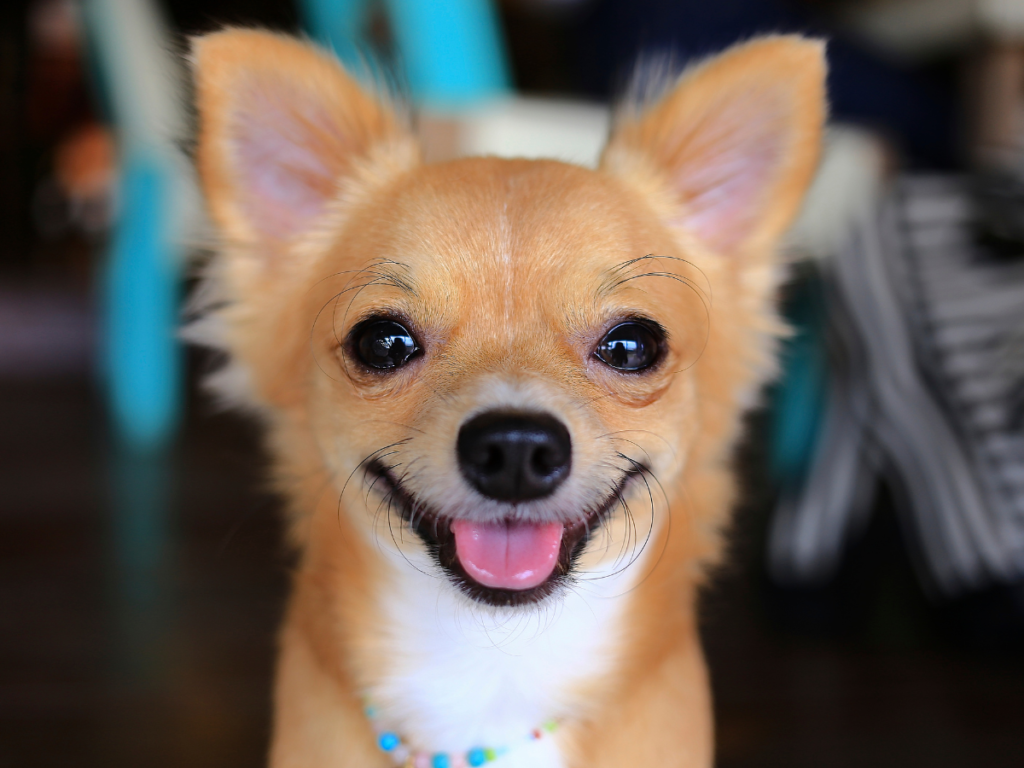
While there is no guaranteed way to prevent your Chihuahua from contracting parvo, you can take steps to minimize the risk. These include:
🔴Vaccination
Vaccination is one of the most effective ways to prevent parvo in Chihuahuas. It is crucial to follow a vaccination schedule recommended by your veterinarian, starting when your Chihuahua is a puppy. The core vaccine, which includes protection against parvo, should be administered at specific intervals, usually starting at 6-8 weeks of age. Regular booster shots are also necessary to maintain immunity throughout your Chihuahua’s life.
🔴Limit Exposure to Contaminated Areas
Parvo can survive in the environment for an extended period, making it important to limit your Chihuahua’s exposure to contaminated areas. Avoid allowing your Chihuahua to roam freely in public spaces until they have completed their vaccination series. This includes parks, dog runs, and areas where other dogs may have defecated. Stick to controlled environments and clean, safe spaces until your Chihuahua is fully protected.
🔴Practice Good Hygiene
Maintaining proper hygiene plays a critical role in preventing the spread of parvo. Wash your hands thoroughly after handling other dogs or contacting potentially contaminated surfaces. Regularly clean your Chihuahua’s living area, toys, and food bowls with disinfectants that are effective against parvo. Additionally, promptly remove and dispose of feces in a sanitary manner to prevent contamination.
🔴Avoid Contact with Potentially Infected Dogs
If you suspect a dog may have parvo, avoiding contact with them is crucial and keeping your Chihuahua at a safe distance. Parvo is highly contagious and can be transmitted through direct contact with infected animals or their feces. By avoiding contact with potentially infected dogs, you can significantly reduce the risk of exposure for your Chihuahua.
Practicing good hygiene is crucial in preventing the spread of parvovirus among Chihuahuas. Here are some hygiene practices to incorporate into your routine:
- Clean living spaces: Regularly disinfect your Chihuahua’s living areas, including their bedding, toys, and food/water bowls. Use pet-safe cleaning products recommended by your veterinarian to ensure effectiveness.
- Proper waste disposal: Always dispose of your Chihuahua’s waste properly, whether at home or while on walks. Bag and discard feces in designated containers to prevent contamination and reduce the risk of parvo transmission.
- Hand hygiene: Wash your hands thoroughly with soap and water after handling other dogs or cleaning up after your Chihuahua. This simple practice helps minimize the risk of spreading infectious agents.
🔴Regular Veterinary Check-ups
Regular veterinary check-ups are essential for maintaining your Chihuahua’s overall health, including their immune system. Schedule routine visits with your veterinarian to monitor your Chihuahua’s well-being and discuss any concerns you may have. Your veterinarian can provide guidance on preventive measures, perform necessary vaccinations, and offer specific advice tailored to your Chihuahua’s needs.
Remember, prevention is the best defense against parvo. Take proactive steps to safeguard your Chihuahua’s health, ensuring they can lead a happy, healthy life free from this dangerous viral disease.
🔴Home Care and Recovery
Caring for a Chihuahua with parvo at home requires diligence, patience, and understanding. While professional veterinary care is crucial in treating the disease, providing proper home care and facilitating recovery is equally important.
- Isolation: It is essential to isolate your Chihuahua from other pets to prevent the spread of the virus. Set up a separate area in your home where your Chihuahua can rest comfortably without coming into contact with other animals.
- Hydration: Maintaining proper hydration is crucial during parvo recovery. Use a syringe or dropper if necessary to offer small amounts of water frequently to prevent dehydration. If vomiting occurs, wait for some time before offering water again.
- Rest and comfort: Provide a quiet and comfortable space for your Chihuahua to rest and recover. Use soft bedding and ensure a warm environment. Minimize stress and noise that could further distress your pet.
- Medications and prescribed treatments: Administer medications and treatments as prescribed by your veterinarian. Follow their instructions carefully to ensure the most effective treatment and recovery for your Chihuahua.
🔴Dietary Considerations during Recovery:
- Gradual reintroduction of food: Start with small, frequent meals of easily digestible foods such as boiled chicken and rice. Slowly increase the portion sizes as your Chihuahua’s appetite improves.
- Hydration through fluids: In addition to water, you can offer rehydration fluids specifically designed for dogs. These fluids help restore electrolyte balance and provide essential nutrients during recovery.
- High-quality nutrition: Once your Chihuahua’s appetite returns, gradually transition them back to their regular diet. Opt for high-quality dog food that is easily digestible and provides the necessary nutrients for a quick recovery.
🔴Monitoring and Follow-up Vet Visits:
- Observation: Keep a close eye on your Chihuahua’s behavior, appetite, and bathroom habits during recovery. Monitor for any changes or signs of relapse, such as recurring vomiting or diarrhea.
- Follow-up vet visits: Regularly scheduled follow-up visits with your veterinarian are vital to monitor your Chihuahua’s progress. These visits allow the vet to assess the effectiveness of the treatment, make any necessary adjustments, and ensure a successful recovery.
- Vaccination booster: It is important to discuss with your veterinarian whether a vaccination booster is necessary after recovery from parvo. They can guide you on the appropriate timing and help protect your Chihuahua from future infections.
By following proper isolation protocols, ensuring hydration and rest, administering medications as prescribed, gradually reintroducing food, and monitoring your Chihuahua’s progress through follow-up vet visits, you can support their recovery and help them regain their health.
Frequently Asked Questions
What should I do if I suspect my Chihuahua has parvo?
If you suspect your Chihuahua has parvo, seeking immediate veterinary care is crucial. Contact your veterinarian and explain the symptoms you’ve observed, such as vomiting, diarrhea, loss of appetite, and lethargy. They will guide you on the next steps, which may include bringing your Chihuahua in for an examination and diagnostic tests to confirm the presence of the virus.
Can Chihuahuas survive parvo with proper treatment?
Yes, with proper treatment, Chihuahuas can survive parvo. Early detection and intervention play a vital role in successfully recovering Chihuahuas with parvo. By seeking veterinary care promptly, following the recommended treatment plan, and providing supportive care, the chances of survival significantly increase.
How is parvo treated in Chihuahuas, and what is the success rate of treatment?
The treatment for parvo in Chihuahuas typically involves intravenous fluid therapy to combat dehydration, medications to manage symptoms, and supportive care to boost the immune system. The success rate of treatment depends on several factors, including the age and overall health of the Chihuahua, the severity of the infection, and how early the virus is detected. While the success rate varies, early detection and prompt veterinary care greatly improve the chances of a positive outcome.
Can Chihuahuas develop immunity to parvo after recovery?
Yes, Chihuahuas can develop immunity to parvo after recovering from the virus. Recovery from parvo typically results in developing antibodies that provide future protection against the disease. However, it’s important to continue following a regular vaccination schedule recommended by your veterinarian to maintain long-term immunity.
Can Chihuahuas get parvo more than once?
It is rare for Chihuahuas to get parvo more than once. Once a Chihuahua has recovered from parvo and developed immunity, they are typically protected from future infections. However, following a vaccination schedule recommended by your veterinarian to ensure ongoing protection is still crucial.
Are there any long-term effects or complications associated with parvo in Chihuahuas?
Parvo can have long-term effects on Chihuahuas, particularly if the infection is severe or left untreated. Some potential complications include gastrointestinal issues, decreased immune function, and increased susceptibility to other infections. Regular veterinary check-ups and proper care can help minimize the risk of long-term effects.
Is there a link between the parvovirus and other health conditions in Chihuahuas?
While parvo primarily affects the gastrointestinal system, it can weaken a Chihuahua’s immune system, making them more susceptible to other health conditions. Parvo infection can also cause secondary infections due to the body’s weakened state. Therefore, providing proper veterinary care and maintaining good overall health is essential to lessen the risk of other health conditions.
Final Words
After researching the parvovirus in chihuahuas, there’s no denying the devastation this illness can bring to our furry friends. The virus attacks the digestive system, causing vomiting, diarrhea, and dehydration. This disease is preventable through vaccination and responsible pet ownership. As a dog lover, it breaks my heart to see any dog suffer, especially when it could have been prevented. Help protect your furry companion by maintaining their health with routine vet visits and vaccinations. Together, we can eradicate this awful disease and keep all our beloved pets healthy and happy for years.
Here at ILoveChihuahua, we share our personal experiences as owners of this feisty breed. We talk about recommended methods, dog supplies picks, and advice on common Chihuahua problems. Our goal is to promote responsible dog ownership, so there would be fewer Chihuahuas in shelters.

